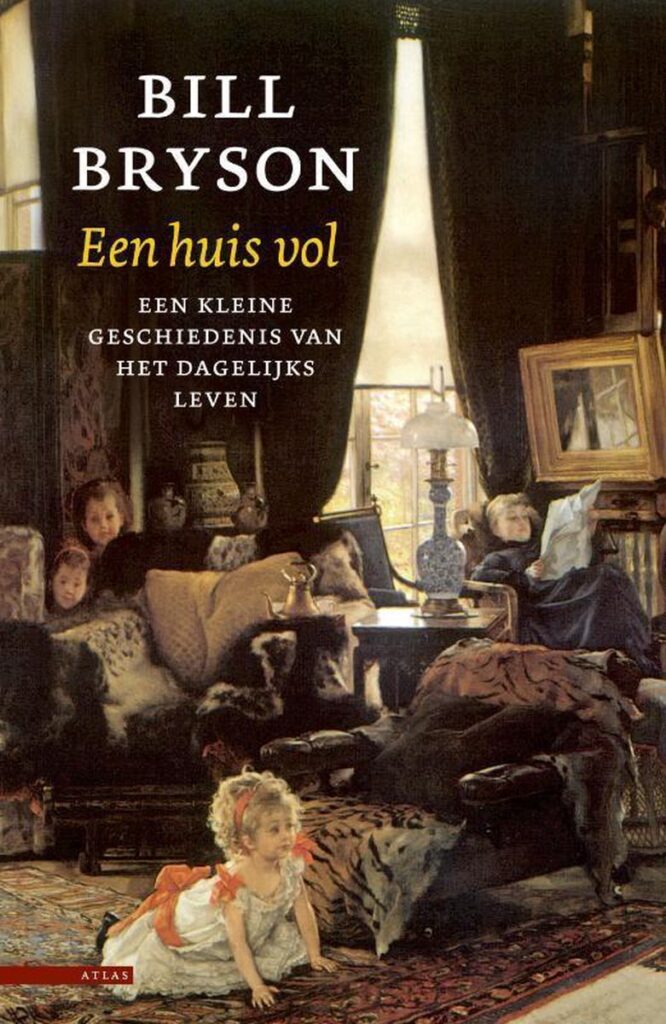Lord Byron over William Beckford

Als Bill Bryson in Een huis vol: een kleine geschiedenis van het dagelijks leven aanbeland is bij de salon, noemt hij in dat hoofdstuk onder andere Fonthill Abbey ‘het werk van twee vreemde, fascinerende mannen: William Beckford en de architect James Wyatt.
Hij refereert aan Beckfords rijkdom en schrijft: ‘Byron heeft hem in een gedicht “Engelands rijkste zoon” genoemd, vermoedelijk terecht.’
De bron van dat citaat noemt Bill Bryson niet, maar het gaat hier om Childe Harold’s Pilgrimage. In Canto I, Stanza XXII, duikt ‘England’s wealthiest son’ op:
‘On sloping mounds, or in the vale beneath,
Are domes where whilom kings did make repair;
But now the wild flowers round them only breathe:
Yet ruined splendour still is lingering there.
And yonder towers the prince’s palace fair:
There thou, too, Vathek! England’s wealthiest son,
Once formed thy Paradise, as not aware
When wanton Wealth her mightiest deeds hath done,
Meek Peace voluptuous lures was ever wont to shun.’
In de vertaling van Ike Cialona:
‘Op hellingen of lager in de dalen
Spreidt menig huis zijn oude pracht tentoon,
En waar slechts wilde bloemen ademhalen,
Zit nu vergane glorie op de troon.
Ginds torent nog het praalslot van de Kroon,
Ook u dacht in uw Eden hier te leven,
O Vathek, Engelands schatrijke zoon!
Maar hoeveel geld u ook hebt uitgegeven,
De rust van het gemoed is ver van u gebleven.’
Het is niet de enige keer dat Lord Byron in zijn poëzie refereert aan William Beckford. Het gedicht To Dives. A Fragment gaat ook over hem:
‘Unhappy Dives! in an evil hour
’Gainst Nature’s voice seduced to deeds accurst!
Once Fortune’s minion now thou feel’st her power;
Wrath’s vial on thy lofty head hath burst.
In Wit, in Genius, as in Wealth the first,
How wondrous bright thy blooming morn arose!
But thou wert smitten with th’ unhallowed thirst
Of Crime unnamed, and thy sad noon must close
In scorn and solitude unsought the worst of woes.’
